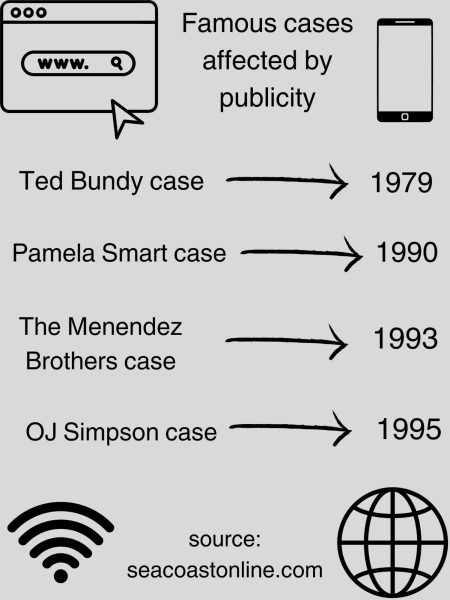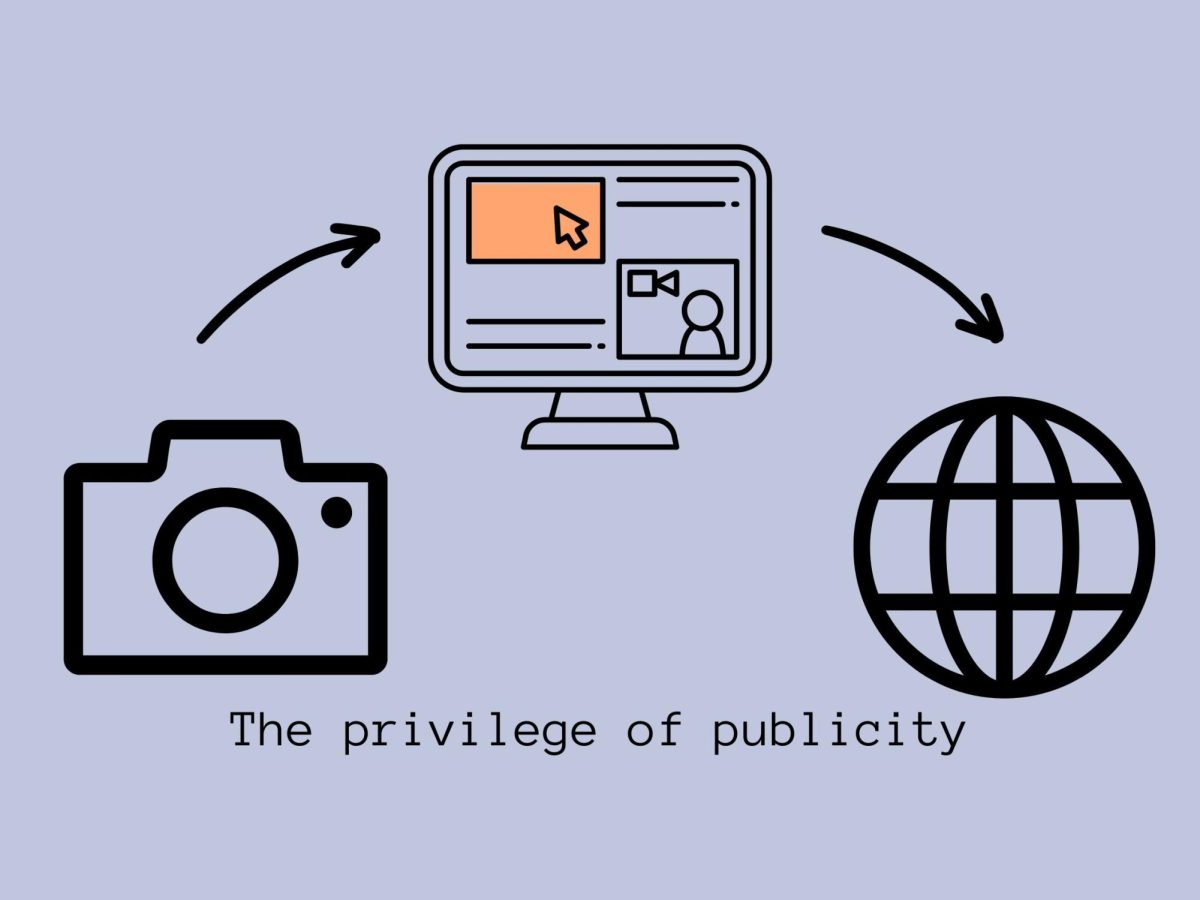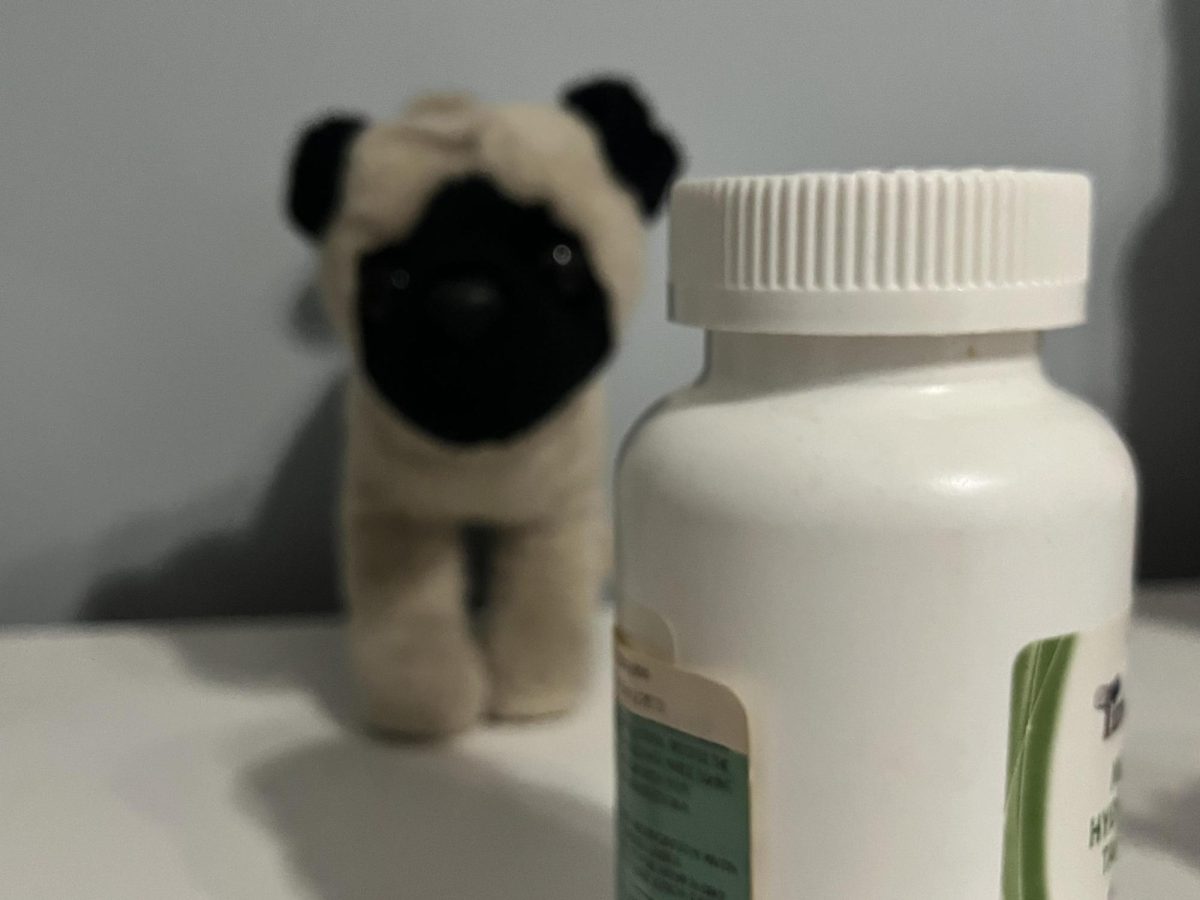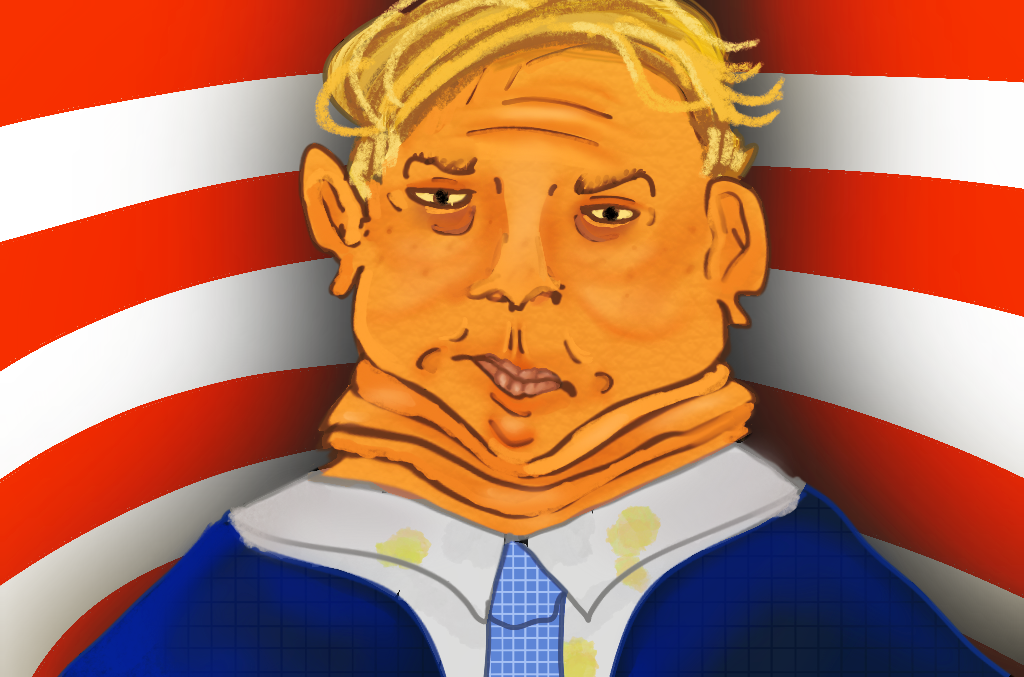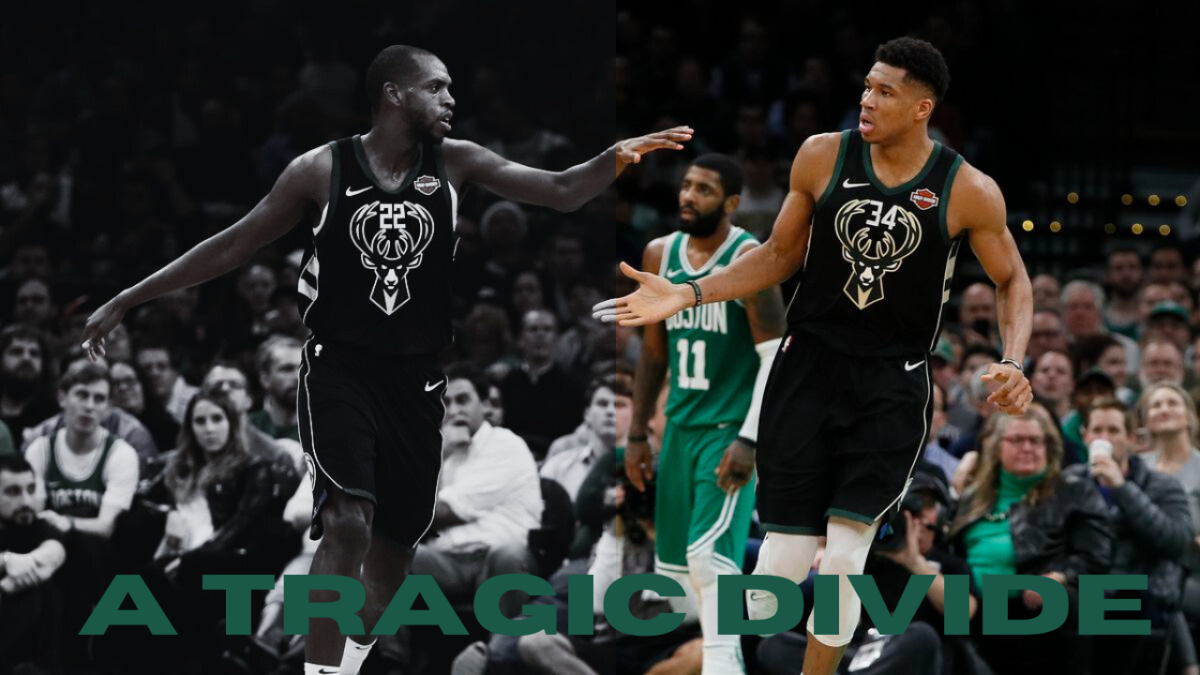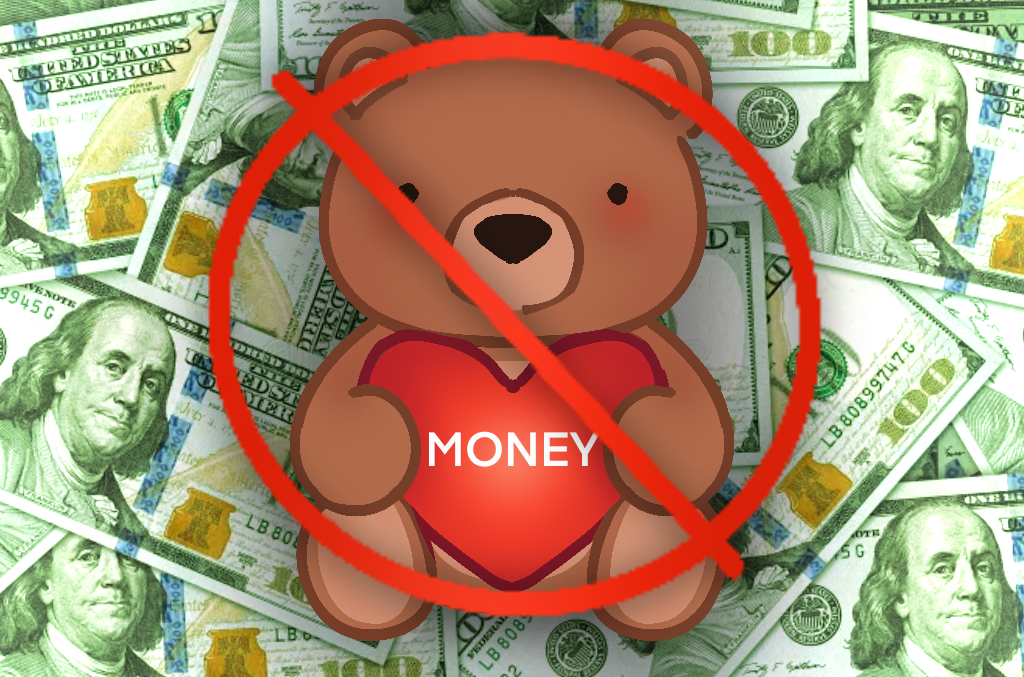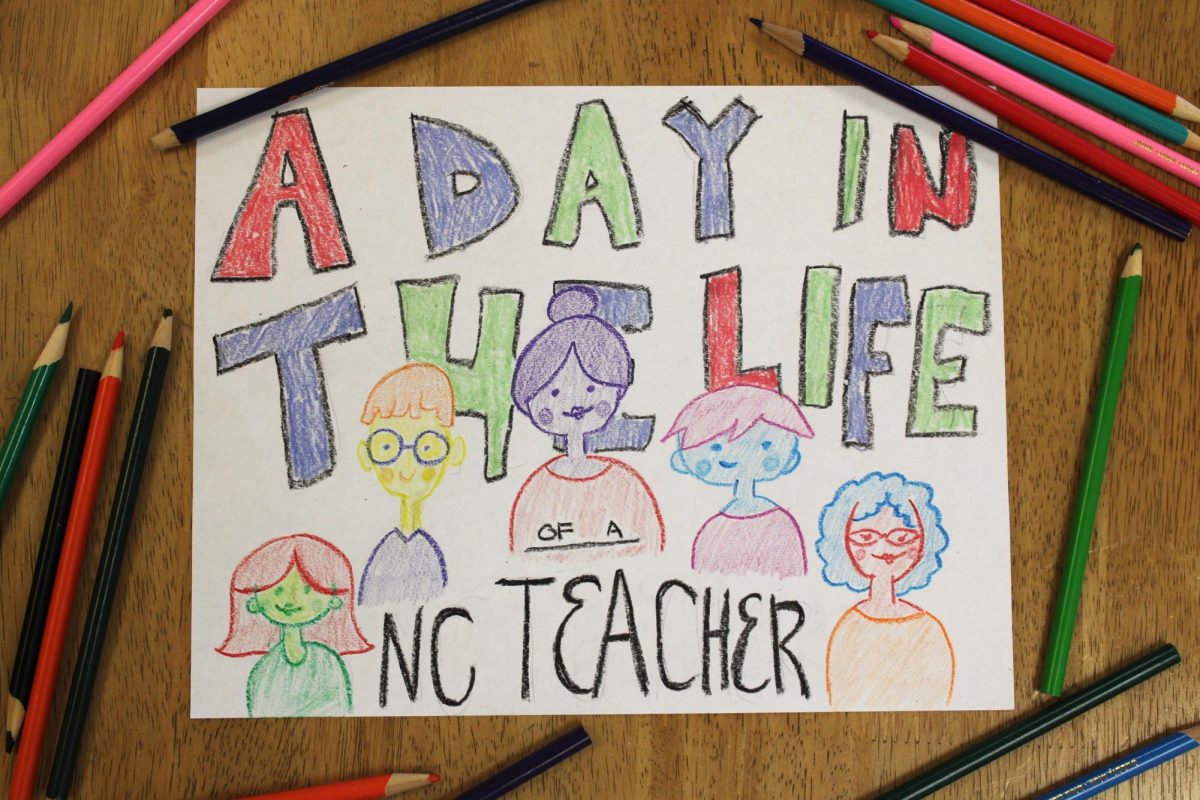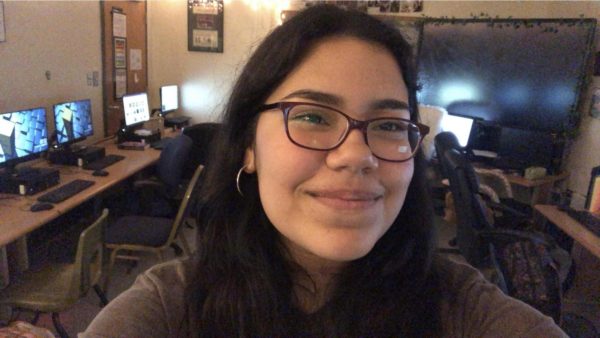Publicity allows anyone online to become aware of stories that may provide them with useful information. The spread of this useful information undoubtedly comes from contributions to advancements in technology. Unfortunately, hurtful or negative publicity can outweigh positive publicity.
Although one can build awareness using publicity, that attention may harm an individual or group of people negatively. Publicity can corrupt court cases once information finds its way into the hands of people not involved in the case. For example, the OJ Simpson case became famously known not only because of Simpson’s celebrity status but also because of the case’s television publicity as numerous news outlets televised the entire trial, inviting America into the courtroom and adding bias to the case. The news outlets talked about the racism within the case, as viewers believed Simpson’s race began to sway the jury’s opinions.
Despite publicity potentially corrupting certain cases, overall, it helps several families, police departments and those who need essential information to solve a crisis or problem. Publicity through media coverage acts as a powerful magnet, pulling people in and bringing attention to a situation.
A case brought to the media earlier this year involved Jessica Ross, a mother whose baby unfortunately passed during childbirth due to the doctor’s faulty work in the delivery room. This case shocked the nation, but fortunately brought in enough attention and support to the family affected. The family sued Pathologist Jackson Gates which resulted in countless patients leaving Gates.
“The case with the doctor right here in Georgia was so crazy. I remember walking into class one day and everyone was talking about it, even my teacher. I would assume and hope that any of his patients dropped him as their doctor after hearing about his terrible work with that family. Also, the inappropriateness of him posting the baby’s autopsy report on Instagram without the parents’ approval was beyond shocking,” junior David Achamaja said.
In regards to the law, publicity can help careers in a majorly positive way. The well-known George Floyd case fortunately put veteran officer Derek Chauvin in prison for the murder of Floyd. Chauvin arrested Floyd due to him using a potentially counterfeit 20-dollar bill. This situation then quickly escalated when Chauvin used his knee to pin Floyd to the ground and pressed on his neck. Spectators quickly pulled out their phones and recorded the scene to prove Chauvin’s actions as unlawful. These videos allowed society to demand justice and served as important evidence. Without the collaboration of society and the footage, Chauvin may have continued to work as an officer.
“I think [almost] everyone is pretty grateful that people recorded the George Floyd arrest because it shows that the police officer involved didn’t even care if people were recording. Little did he know those video recordings would be the end of him and his career. If only there was evidence before the invention of easily accessible cameras for people from cases in the past that never got justice,” junior Marissa Grier said.
Publicity comes with numerous positives and negatives. Depending on the circumstance of a situation, publicity can help and help inform others not involved in that situation, overall spreading useful information in times of need.
